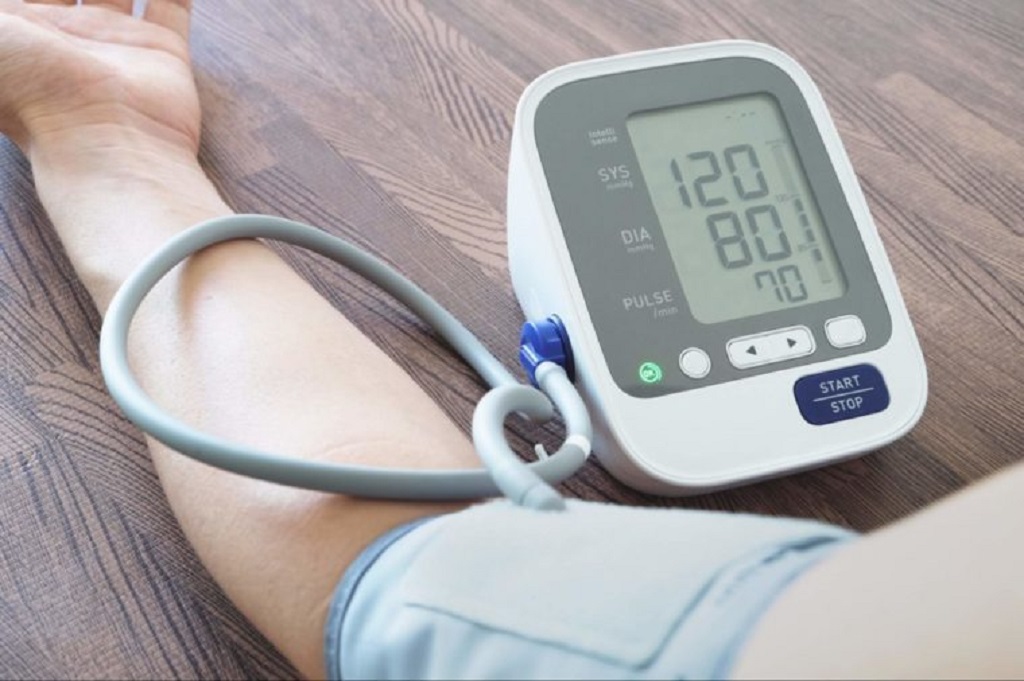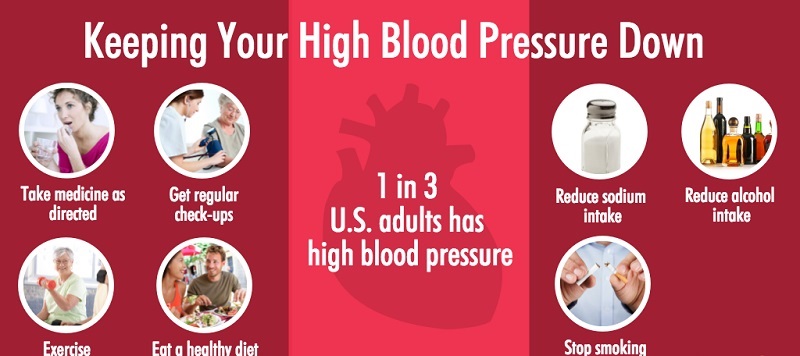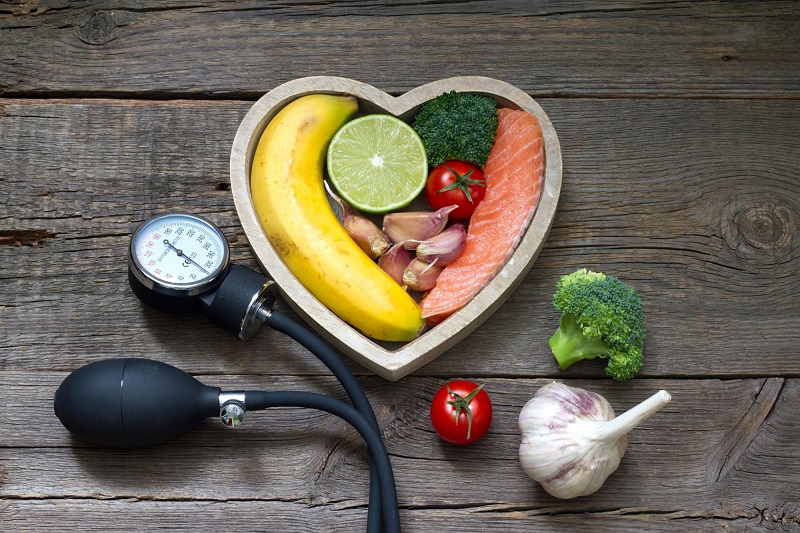
More than 1 out of 3 grown-ups in the U.S. has High Blood Pressure or hypertension. Many of those individuals don’t know they have it since there are usually no warning signs. This can be dangerous because hypertension can prompt difficult circumstances like respiratory failure or stroke. Fortunately, you can frequently forestall or treat hypertension. Early findings and heart-healthy Diet changes can keep hypertension from truly harming your health.
Hence, if you’ve identified hypertension, you may be stressed over taking a prescription to bring your numbers down.
However, our daily lifestyle plays an essential role in treating your hypertension. If you effectively control your BP with a Healthy Diet, you might avoid, delay or reduce the need for medication Equipment.
What is High Blood Pressure?
Blood pressure is the power of blood pushing against vein walls. The heart pumps blood into the arteries, which convey the blood all through the body. High blood pressure, also called hypertension, implies the pressure in your arteries is over the normal range. Generally speaking, nobody knows what causes hypertension? So, what can you have that affects your BP?

Here are Things You Must do to Avoid High Blood Pressure
Eliminate Caffeine
Drinking more than 4 cups of espresso daily might expand your BP.
If you honestly love espresso, tea or other caffeine-rich beverages, for example, cola and some caffeinated drinks, consider cutting down.
It’s OK to drink tea and espresso as a feature of a sound eating routine, yet these beverages mustn’t be your primary or only source of fluid.
Quit Smoke
Smoking raises your pulse and puts you at a higher risk for heart attack and stroke. If you don’t smoke, don’t begin. If you smoke, stopping will bring down your risk for coronary illness. Your doctor can recommend ways of assisting you with stopping.
Limit How Much Alcohol You Drink
Do not drink a lot of liquor, which can raise your BP. Men should have something like two cocktails each day, and ladies should have something like one cocktail each day.
Slash Your Salt Intake
Salt gets unfavourable criticism concerning hypertension. While salt is likely not public adversary No. 1, it can create problems for specific salt-sensitive people. Sodium can lure water into the bloodstream, building the volume of blood and blood pressure.

Monitor Your Blood Pressure
Ensure that your blood pressure is measured regularly, either at your doctor’s office or at home. Hypertension frequently happens without any side effects, so possibly BP readings will let you know if your blood pressure is rising. If your BP is under 120/80 mmHg, it is recommended that you have a regular check starting at age 20. If your BP is higher, you might need to have it checked more often.
Lose Weight
The most effective method for decreasing raised BP is to lose weight. Furthermore, it doesn’t need significant weight reduction to have an effect. If losing just 10 pounds can bring down your BP. So, start working out and reduce weight also try to maintain it.
Eat a Heart-Healthy Diet
Consuming a well-balanced diet with loads of fruits, vegetables, whole grains, nuts, and seeds low in sodium, saturated fat, added sugar, and cholesterol is significant for your heart. There is an eating routine explicitly designed for bringing down BP. It’s known as the DASH diet, which represents dietary ways to deal with stopping hypertension. Converse with your doctor or meet with a dietitian if you want assistance making changes to your eating routine.
Release Stress with Deep Breathing or Daily Meditation Sessions
Stress hormones constrict your veins and can prompt transitory spikes in blood strain. And, over the long haul, stress can set off undesirable propensities that put your cardiovascular health in danger. These could include indulging, unfortunate rest, and abusing medications and liquor. For many reasons, diminishing stress should be a priority if you’re hoping to bring down your BP.
Do Regular Exercise
Exercise can help you keep a healthy weight and lower your blood pressure. You should try to get moderate-moderate-intensity aerobic exercise for at least two and a half hours each week or vivacious-intensity aerobic exercise for 1 hour and 15 minutes of the week. High-impact workout, like brisk walking, is any workout where your heart beats more challenging, and you utilize more oxygen than usual.
The End
Explore your lifestyle habits and decide where you can make changes to assist with forestalling hypertension. Overcome small goals, such as snacking on fruits and vegetables rather than unhealthy food, and keep pursuing these beneficial routines until they are a part of your daily schedule to control your high blood pressure.
